The World Food Program (WFP) has resumed its project to provide food assistance to people living with HIV / AIDS since July. In a statement issued on 2 August, WFP declared that the assistance is for HIV affected patients who started antiretroviral therapy, for children and women under the prevention of mother-to-child transmission protocol (PMTCT). It also said that the project concerns orphans and other vulnerable children (OVC).
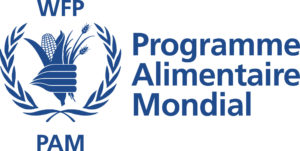 This assistance, which is given in all the provinces of Burundi, resumes after a two-year interruption due to “lack of resources”.
This assistance, which is given in all the provinces of Burundi, resumes after a two-year interruption due to “lack of resources”.
The project resumption follows a UN agency survey conducted last January on the nutritional status and vulnerability profile of people living with HIV / AIDS.
Caritas Kamikazi, Coordinator of ‘Turiho Center’, of the National Association for Support to HIV-positive people (ANSS), Bujumbura office, says the food assistance by WFP was only given out to HIV-positive people suffering from acute malnutrition.
“WFP has already distributed food assistance covering the months of July, August and September to some ANSS beneficiaries,” says Kamikazi.
She also says only 14 ANSS beneficiaries under antiretroviral treatment receive this assistance in Bujumbura. “Some of the criteria used for identifying beneficiaries are people who have been on antiretroviral therapy since 2015 and have a body mass index of less than 17,” she says.
For children and women under Prevention of Mother-to-Child Transmission protocol, beneficiaries of the food assistance are those with brachial perimeter less than 21cm which is an independent criterion for acute malnutrition.
The Bujumbura office of ANSS supports about 3,000 AIDS patients under antiretroviral therapy. “They represent 50% of people assisted by ANSS throughout the country,” she says.
Kamikazi says about 300 people living with HIV / AIDS should also benefit from this assistance given the difficult conditions they face. “Many beneficiaries need food assistance. Some patients tell us that they often suspend medication because they could not find something to eat, “says Kamikazi.
Each beneficiary receives 5kg of beans, 5kg of cornmeal, and 1Kg of vegetable oil per month, according to the Coordinator of ‘Turiho Center’.

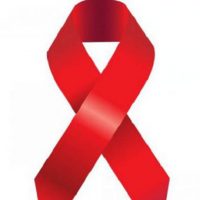
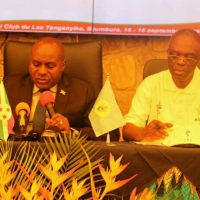
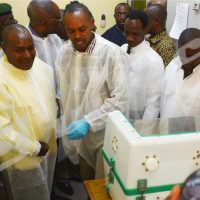

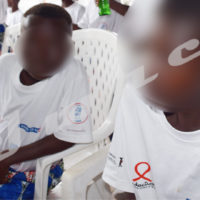













 IWACU Open Data
IWACU Open Data

